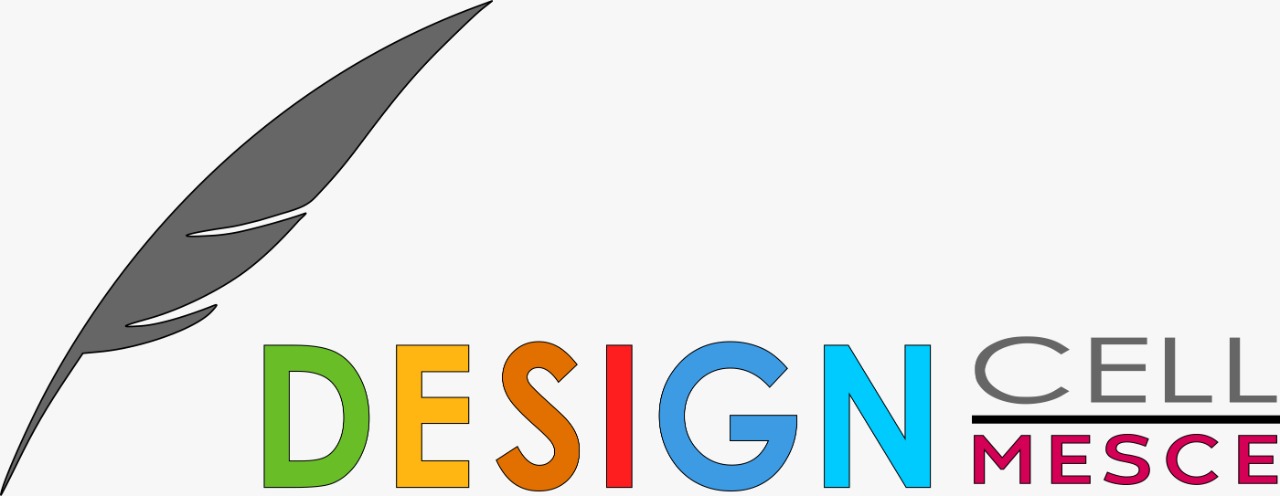
Dr. ANIL K JACOB
HoD, Dept of Computer Science & Engineering
cs@mesce.ac.in
04943051190
Computer Science & Engineering
Welcome to the Department of Computer Science and Engineering Celebrating 30 Years of Excellence in Education
The Department of CSE is the largest and most dynamic on campus, fostering an environment that inspires budding engineers, coders, and innovators. We are driven by a commitment to self-motivation, creativity, and progress.
Our laboratories are hubs of new ideas, research, and scholarship, making this the perfect place for the leaders and innovators of tomorrow to emerge. Beyond teaching logic and design, we emphasize the development of essential soft skills such as teamwork, leadership, and self-confidence.
Our programs are designed to train students in foundational core courses and cutting-edge technologies, including Artificial Intelligence, Virtual Reality, and more. Join us to shape a future of technological advancement and leadership.
Vision
To empower the students to play a vital and leading role as technologists in the rapidly changing arena of Computer Science and Engineering and also prepare them to contribute to the advancement of society and mankind.
Mission
The Computer Science and Engineering department would impart high quality technical education to help the students to respond to the global happenings and take up research work to create knowledge in the field, through rigorous and comprehensive teaching learning process and inculcate in them the ethical and moral values for the society.
Programmes Offered
B.Tech in Computer Science - 180 Seats
M.Tech in Computer Science - 18 Seats
Program Educational Objectives (PEOs)
After 3-5 years of graduation, our students will be able to do the following-
- Apply the knowledge of foundational ideas of computer science for technical problem solving.
- Innovative and effectual in the designing and construction of software applications and hardware systems.
- Work independently and effectively as a team member or as a team leader with traits including communication and collaborative skills.
- Function as a responsible member socially and ethically, responsive to environmental and social issues that are affected by the application of computing technology.
- Equip to take leadership roles with the readiness for lifelong learning in the changing global scenario.
Program Specific Outcomes (PSOs)
After graduation, our students will be able to do the following-
-
- Apply innovative ideas in the design and development of software systems and applications in the emerging areas of artificial intelligence, computer networks and information technology.
-
- Analyze real world problems, determine their solvability and formulate efficient solutions by applying algorithmic techniques, software modeling, mathematical foundations and theory of computation.
-
- Develop computer programs by defining suitable hardware - software interfaces, choosing appropriate programming language, utilizing the required system software tools and by employing standard software engineering practices.
Program Outcomes (POs) After graduation, our students will be able to do the following-
-
1. Engineering knowledge : Apply the knowledge of mathematics, science, engineering fundamentals and an engineering specialization to the solution of complex engineering problems.
-
2. Problem analysis : Identify, formulate, review research literature, and analyze complex engineering problems reaching substantiated conclusions using first principles of mathematics, natural sciences, and engineering sciences.
-
3. Design/development of solutions : Design solutions for complex engineering problems and design system components or processes that meet the specified needs with appropriate consideration for the public health and safety, and the cultural, societal, and environmental considerations.
-
4. Conduct investigations of complex problems : Use research-based knowledge and research methods including design of experiments, analysis and interpretation of data, and synthesis of the information to provide valid conclusions.
-
5. Modern tool usage : Create, select, and apply appropriate techniques, resources, and modern engineering and IT tools including prediction and modeling to complex engineering activities with an understanding of the limitations.
-
6. The engineer and society : Apply reasoning informed by the contextual knowledge to assess societal, health, safety, legal and cultural issues and the consequent responsibilities relevant to the professional engineering practice.
-
7. Environment and sustainability : Understand the impact of the professional engineering solutions in societal and environmental contexts, and demonstrate the knowledge of, and need for sustainable development.
-
8. Ethics : Apply ethical principles and commit to professional ethics and responsibilities and norms of the engineering practice.
-
9. Individual and team work : Function effectively as an individual, and as a member or leader in diverse teams, and in multidisciplinary settings.
-
10. Communication : Communicate effectively on complex engineering activities with the engineering community and with society at large, such as, being able to comprehend and write effective reports and design documentation, make effective presentations, and give and receive clear instructions.
-
11. Project management and finance : Demonstrate knowledge and understanding of the engineering and management principles and apply these to one’s own work, as a member and leader in a team, to manage projects and in multidisciplinary environments.
-
12. Life-long learning : Recognize the need for, and have the preparation and ability to engage in independent and life-long learning in the broadest context of technological change.
Copyright © 2026 MES College of Engineering. All Rights Reserved
Developed and maintained by Cabin4 Professionals





